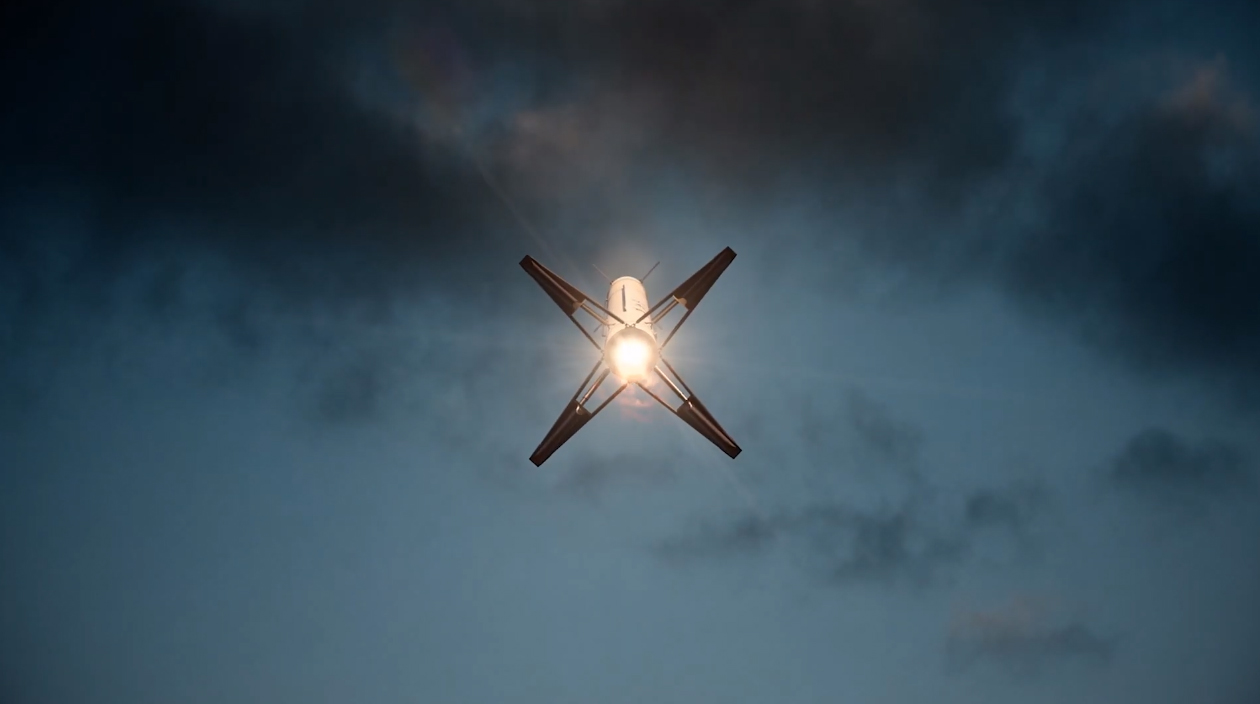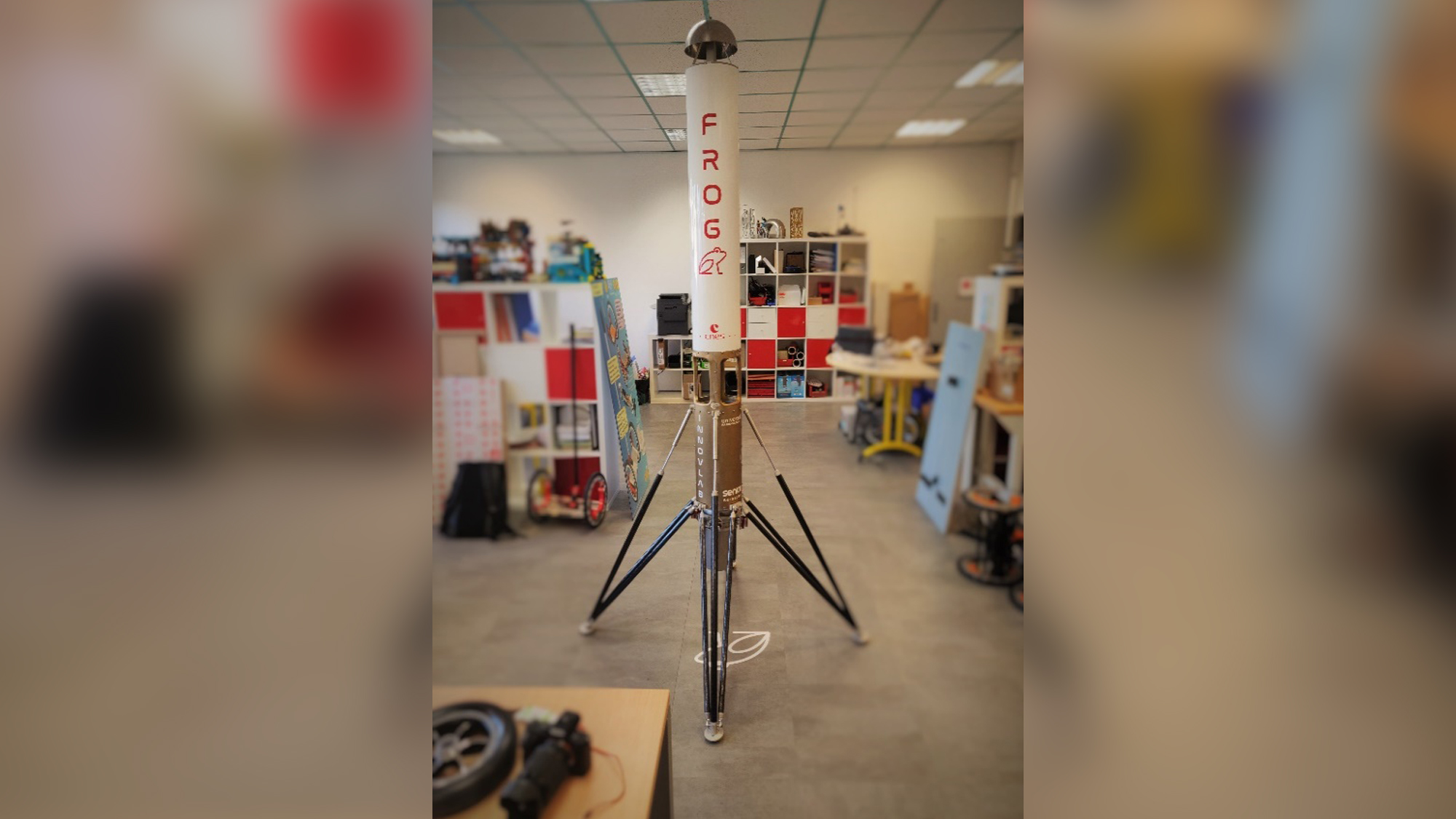Europe's ArianeWorks Aims for Reusable Rockets (with a Very SpaceX Look)
Europe's rocket-launching industry is gearing up to go reusable.
The European launch provider Arianespace — best known as the manufacturer of the heavy-lift Ariane 5 and the future Ariane 6 — has a plan to make its future rockets more competitive in a tight launch industry. As you might guess from looking at the U.S. company SpaceX's reusable Falcon 9 and Falcon Heavy rockets, reusability is what Arianespace wants to do as well.
Back in February, ArianeGroup and CNES (the French space agency) signed a memorandum of understanding for a new "acceleration platform" that will work to develop new launchers, including reusable ones. The platform, called ArianeWorks, unites teams under one roof and provides all the ingredients possible for innovation: "a highly flexible environment, open to new players and internationally," according to a press release from the time.
Video: ArianeWorks' Reusable Rocket Plans Explained
Related: The Evolution of SpaceX's Reusable Rockets in Pictures
The interim results are coming soon: two low-cost demonstrators that will examine how to recover the first stage of a rocket launching to space. An elementary experimental vehicle called Frog will test many of the technologies needed for this kind of work, including "landing algorithms, automated operations and the avionics architecture." These concepts will then be ported on to another, more robust demonstrator called Themis.
In May, ArianeWorks announced that a Paris-based prototyping firm called MyCTO would build the first Themis prototype; the partners on Frog include Planète Sciences, Polyvionics and Cachan Technology Institute (Paris Saclay University).
CNES and ArianeSpace are also working together to make an engine called Prometheus, which uses oxygen and methane as its propellant and can be adapted for multiple rocket platforms. Methane and oxygen produce products that are more environmentally friendly than many other rocket fuels. Themis will use the Prometheus engine for its landings, which means that the rocket demonstrator will not only be reusable, but also less harsh on the environment during launch and landing.
This isn't the first time that Arianespace has looked at reusable vehicles; a reusable sounding rocket called Callisto is also in the works.
Breaking space news, the latest updates on rocket launches, skywatching events and more!
Callisto is meant to test how fuels perform in various engine designs. Some of the groundwork for Callisto will flow into the development for Themis, Arianespace said in a YouTube video released earlier this year.
- Reusable Rocket Launch Systems: How They Work (Infographic)
- Meet Ariane 6 and Vega C: Europe's New 'Rideshare' Rockets (Videos)
- Inside SpaceX's Epic Fly-back Reusable Rocket Landing (Infographic)
Follow Elizabeth Howell on Twitter @howellspace. Follow us on Twitter @Spacedotcom and on Facebook.

Elizabeth Howell (she/her), Ph.D., was a staff writer in the spaceflight channel between 2022 and 2024 specializing in Canadian space news. She was contributing writer for Space.com for 10 years from 2012 to 2024. Elizabeth's reporting includes multiple exclusives with the White House, leading world coverage about a lost-and-found space tomato on the International Space Station, witnessing five human spaceflight launches on two continents, flying parabolic, working inside a spacesuit, and participating in a simulated Mars mission. Her latest book, "Why Am I Taller?" (ECW Press, 2022) is co-written with astronaut Dave Williams.


